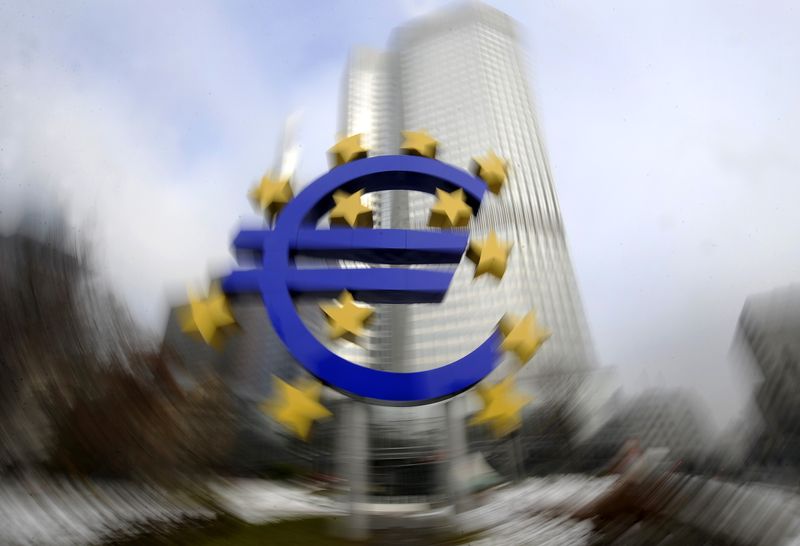By Scott Kanowsky
Eurozone inflation rose by more than expected to a new record level in August, according to preliminary Eurostat data released on Wednesday, heaping further pressure on the European Central Bank's effort to stem red-hot price growth.
The bloc's closely-watched consumer price index jumped to an all-time peak of 9.1% on an annual basis, topping a previous high of 8.9% registered in July. Economists had predicted the reading to come in at 9.0%.
Higher food prices were a big driver behind the most recent increase in inflation, Eurostat said, with the costs of food, alcohol and tobacco increasing 10.6%, up from 9.8% in July. Services prices also ticked higher.
Meanwhile, fuel price growth came in at 38.3%, but that reading was down slightly from the July reading. Analysts at ING said this decrease can be chalked up base effects and lower petrol prices offsetting sky-high gas and electricity costs caused in part by a slowdown in westward Russian energy flows.
Focusing in on individual Eurozone nations, Germany - Europe's largest economy - reported inflation of 8.8% in August, the highest mark in nearly half a century. Elsewhere, Italy and Spain saw prices rise 9.0% and 10.3% during the month, respectively.
One outlier was France, where inflation decelerated by more than expected in August - but still remains at historically elevated levels.
Germany's benchmark 10-year bond yield and its Italian counterpart both rose in the wake of the latest Eurozone inflation data. Bond yields typically move inversely to prices.
The euro, which had closed the previous session just above dollar parity, fell to $0.9982 at 09:59 GMT (05:59 EST).
The latest reading will play heavily into a key ECB monetary policy decision at the central bank's September meeting next week. The ECB has signaled its intent to continue hiking interest rates in a bid to cool down red-hot inflation, with some officials recently suggesting that this target could come at the expense of broader economic growth.
The statements have sparked a debate among traders over whether the ECB will raise rates by 50 basis points or move more aggressively to tackle price growth.
"Another hike of at least 50 basis points in September seems to be a done deal, with the hawks pushing for 75bp," the ING analysts said. "The big question is how the ECB will respond after this, if indeed signs of economic distress become more apparent[.]"
In a note, Citi analysts said they "find it hard to push back" against expectations of a 75 basis point increase, adding that a 50-point rise may already be "fully priced in."
Meanwhile, analysts at TS Lombard noted that they estimate a further 50 basis point hike in October, followed by a 25 basis point rise in December, leaving the ECB's main policy rate at 1.25% - 1.50% by the end of the year.
